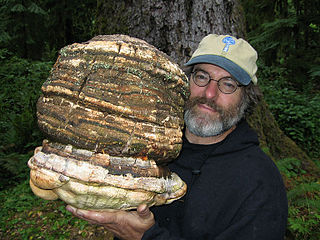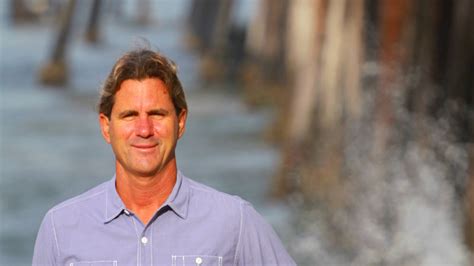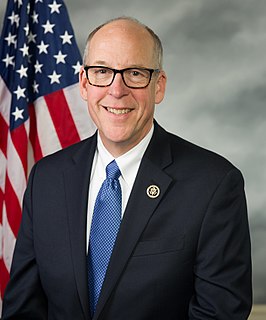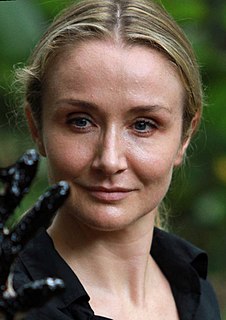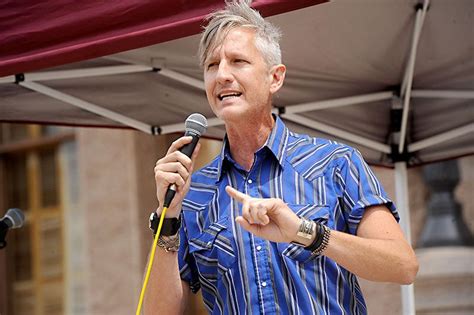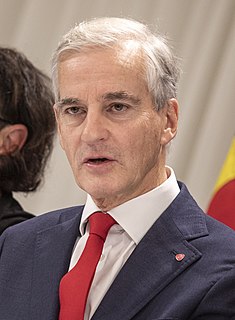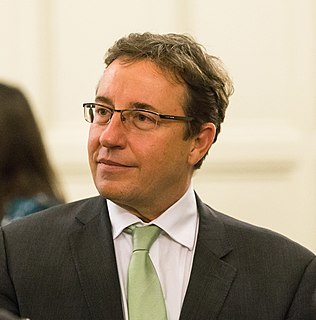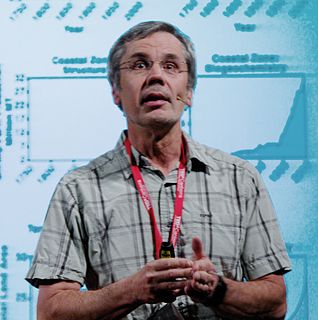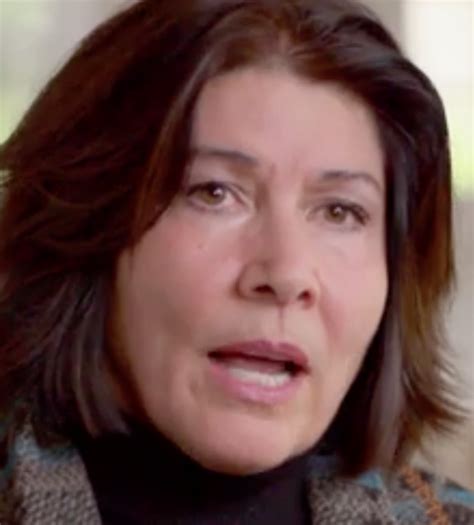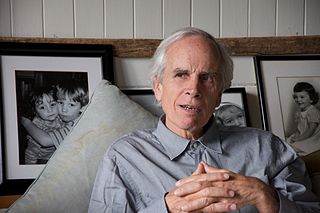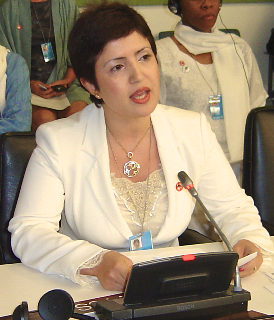Top 149 Ecosystems Quotes & Sayings - Page 2
Explore popular Ecosystems quotes.
Last updated on April 15, 2025.
The "developed" nations had given to the "free market" the status of a god, and were sacrificing to it their farmers, farmlands, and communities, their forests, wetlands, and prairies, their ecosystems and watersheds. They had accepted universal pollution and global warming as normal costs of doing business.
Humans have changed ecosystems more rapidly and extensively than in any comparable period of time in human history, largely to meet rapidly growing demands for food, fresh water, timber, fiber and fuel. This has resulted in a substantial and largely irreversible loss in the diversity of life on Earth.
The realizations of anarchist ideas and practices are like sociopolitical ecosystems. Local versions resemble each other, but they are endlessly adaptive and everywhere different to meet their needs in their environments. Anarchism can be adapted to meet the culture, economics, ecology, and politics of various people or communities. That's the beauty of it.
It's upsetting to me that so many people think of themselves as environmentalists and still eat meat and dairy products. I think it's something people should be considering given the emergency situation we're in regarding water supplies, global warming, and the destruction of ecosystems. There's a lot of overlap between animal rights and the environment.
Seasonally ploughing and harvesting crops will mash up a few moles, slice through a burrow of field mice and crush any ground-nesting bird chicks. Far more significant, however, is the creation of the field in the first place: an act that replaces entire ecosystems, along with all their animal inhabitants.
Even if we act immediately, the world is doomed to lose many of its animal and plant species and this inturn will reduce the ability of ecosystems to deliver vital services to human populations. The Red List gives all of us a practical tool for raising awareness of the biodiversity crisis and for forging new partnerships within the international community.
The nuclear peril is usually seen in isolation from the threats to other forms of life and their ecosystems, but in fact it should be seen at the very center of the ecological crisis, as the cloud-covered Everest of which the more immediate, visible kinds of harm to the environment are the mere foothills.
What they [psychedelics] cause is what I'm advocating, a fundamental revaluation of cultural values, because culture as we're practicing it currently is causing a lot of pain to a lot of people, and animals, and ecosystems, none of whom were ever allowed to vote on whether they wanted this process to go in this direction.
We have reached a new milestone as a human family. With seven billion of us now inhabiting our planet, it is time to ask some fundamental questions. How can we provide a dignified life for ourselves and future generations while preserving and protecting the global commons - the atmosphere, the oceans and the ecosystems that support us?
The reductionist measure of yield is to agriculture systems, what GDP is to economic systems. It is time to move from measuring yield of commodities, to health and well-being of ecosystems and communities. Industrial agriculture has its roots in war. Ecological agriculture allows us to make peace with the earth, soil and the society.
We are the canaries in the mine. If we go, the last ecosystems go. So does the wisdom of how to sustain resources, live in balance with nature, and create communities based on cooperation, not competition. I think the rest of the world is searching for these values. I know we're here to share them. But we can only share them if we're here.
Lack of accountability weakens the environmental and health rights of citizens; it damages peace- building and reconciliation initiatives; impedes the implementation of global health policies; leads to the loss of ecosystems and biodiversity; and weakens democracy, justice, human rights, and international security.
We don't need a War on Carbon. We need a new prosperity that can be shared by all while still respecting a multitude of real ecological limits - not just atmospheric gas concentrations, but topsoil depth, water supplies, toxic chemical concentrations, and the health of ecosystems, including the diversity of life they depend upon.


